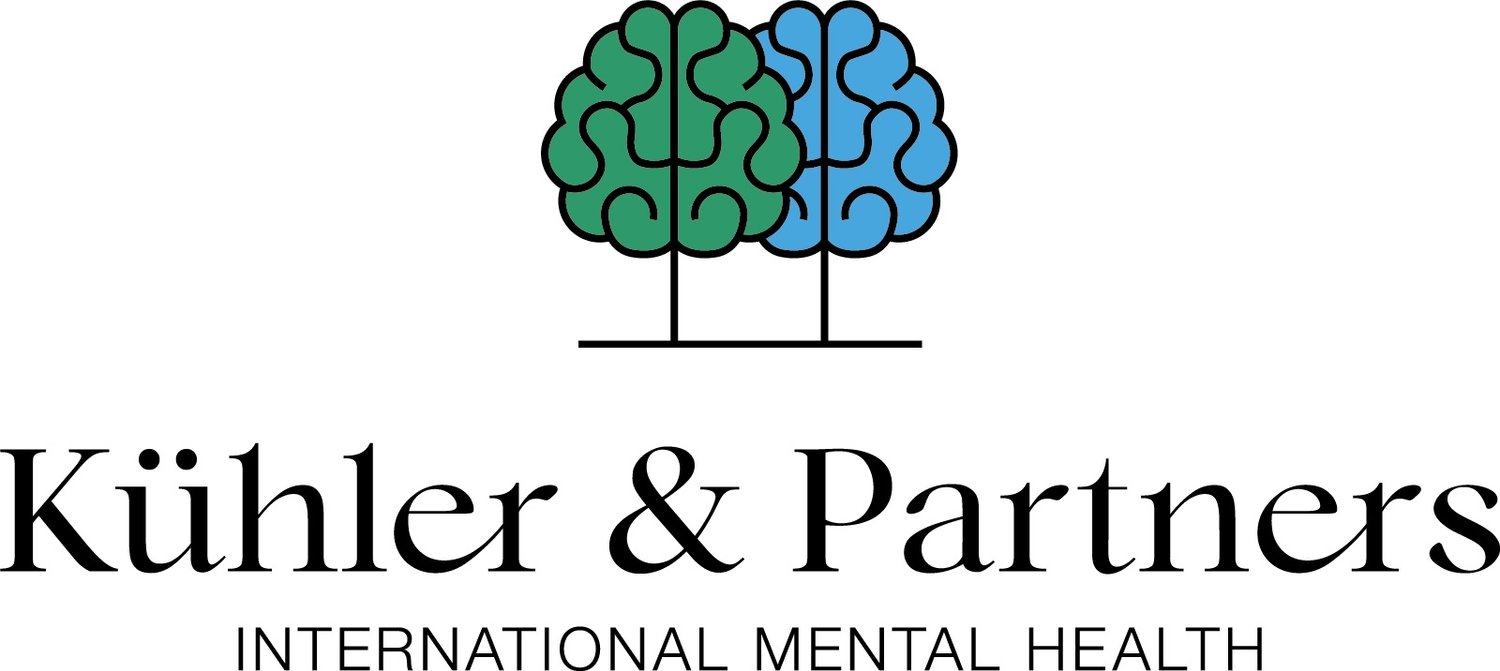Dutch mental health care (GGZ) explained
Even though the Dutch health care system is rated as one of the best in Europe (EHCI 2018), navigating through the different institutions, doctors and clinics can be challenging. Especially when you’re struggling with mental health problems, it can be difficult to find the right person to help you.
In order to get your therapy covered by your insurance, you need a referral letter from your GP. The role of the GP in the Dutch (mental) health system is that of a doorman: he or she is the one that assesses your complaints and tries to match it with the right health care provider. Sometimes this means that –similar to a general doorman- sometimes you have to ring the bell twice or thrice to get in.
Another important thing about the Dutch mental health care system is that it’s a stepped care system. This means that different health care providers offer different levels (or intensities) of care. Within the Dutch mental health care system, there are 4 steps:
1. Anonymous e-health
For some people, making an appointment with the GP and talking about mental health problems is simply too difficult or embarrassing. The Ministry of Health, Welfare and Sport (VWS) still wants to offer these people some form of care or guide them to regular care. Various easily accessible tests and treatments via the internet (anonymous e-mental health) can provide this kind of help. E-mental health helps to recognize and prevent psychological problems in time, and aims to improve self-management of patients.
2. Short-term psychological treatment with POH-GGZ
The GP treats minor psychological complaints him/herself, in collaboration with a so called ‘practice assistant mental health care’ (POH-GGZ). These treatments are usually short-term and last up to about seven sessions.
3. Referral to basic mental healthcare (BGGZ)
If your symptoms can’t be treated within the limited timeframe of the POH-GGZ, the GP can refer you to a healthcare provider within the BGGZ. Treatment of mild to moderate mental health problems occurs in BGGZ. Here you can get up to 750 minutes of psychological treatment.
4. Referral to specialized mental healthcare (SGGZ)
In case of more severe or chronical psychological problems, the GP will refer to the specialized mental healthcare (SGGZ). There are numerous clinics, some offer therapy sessions with psychologists or a combination with a psychiatrist. This more intensive treatment can last up to a year, and has a possibility of extension.
At Kühler & Trooster, we offer treatment in the Specialized Mental Healthcare. Our services are aimed primarily at internationals, offering treatment in English, Dutch, French, German, Spanish, Chinese, Italian and Japanese. If you are interested in starting treatment here, please contact us or ask your GP about a referral.

